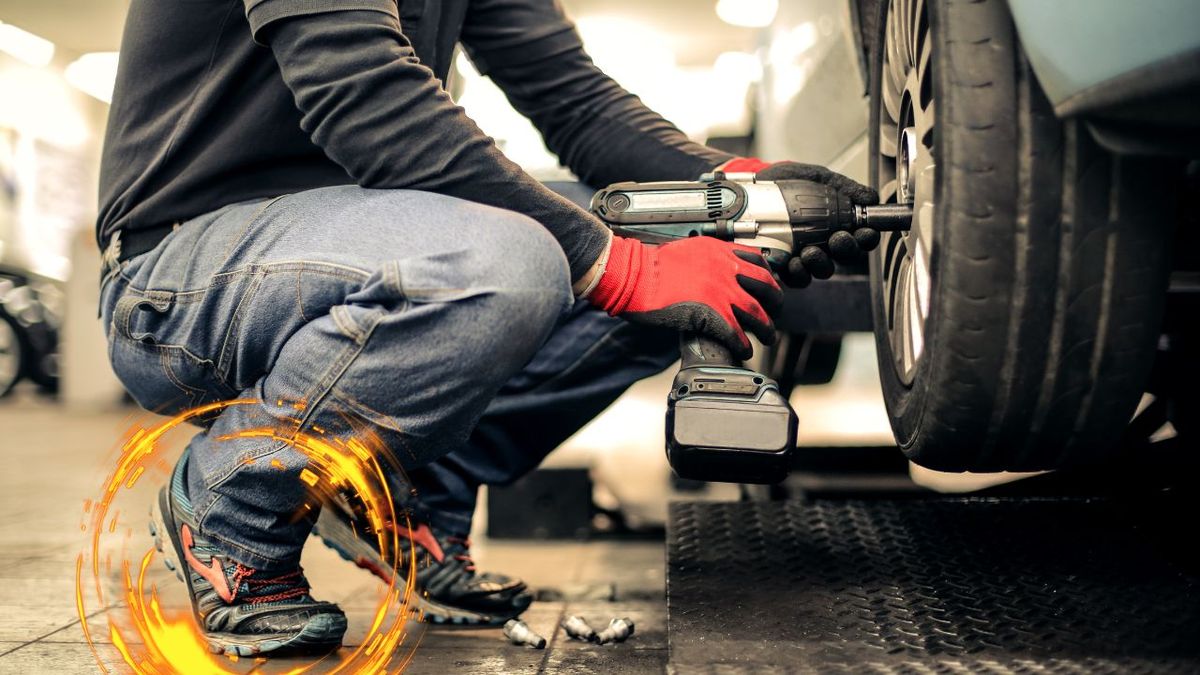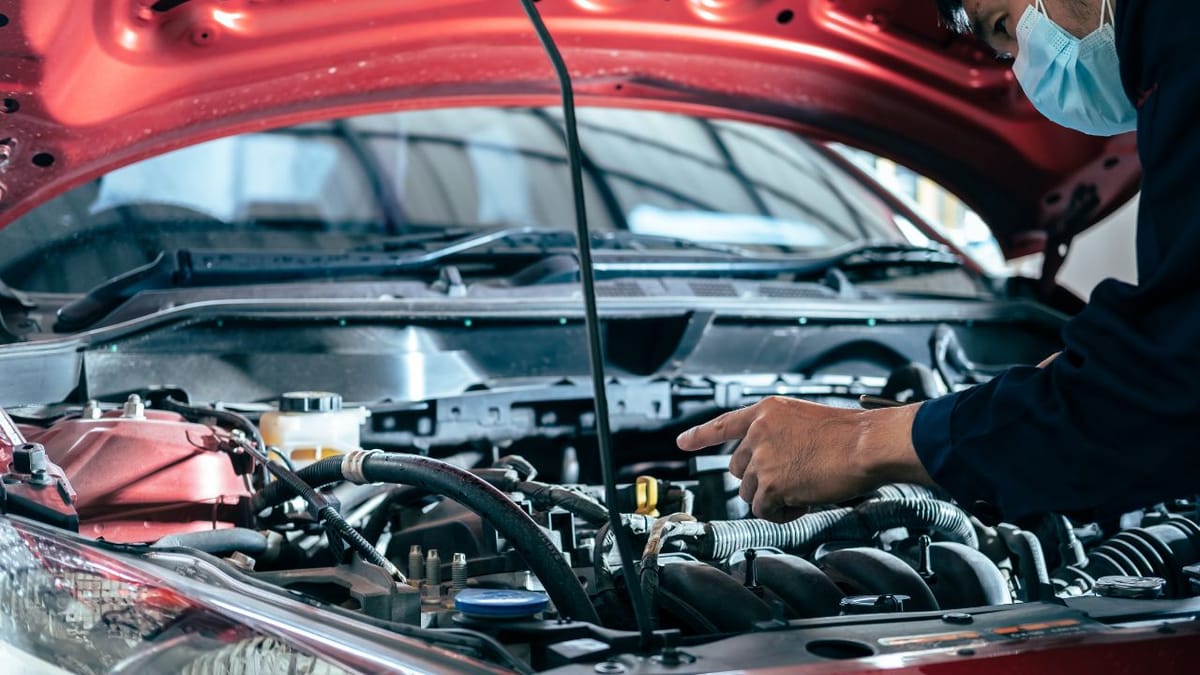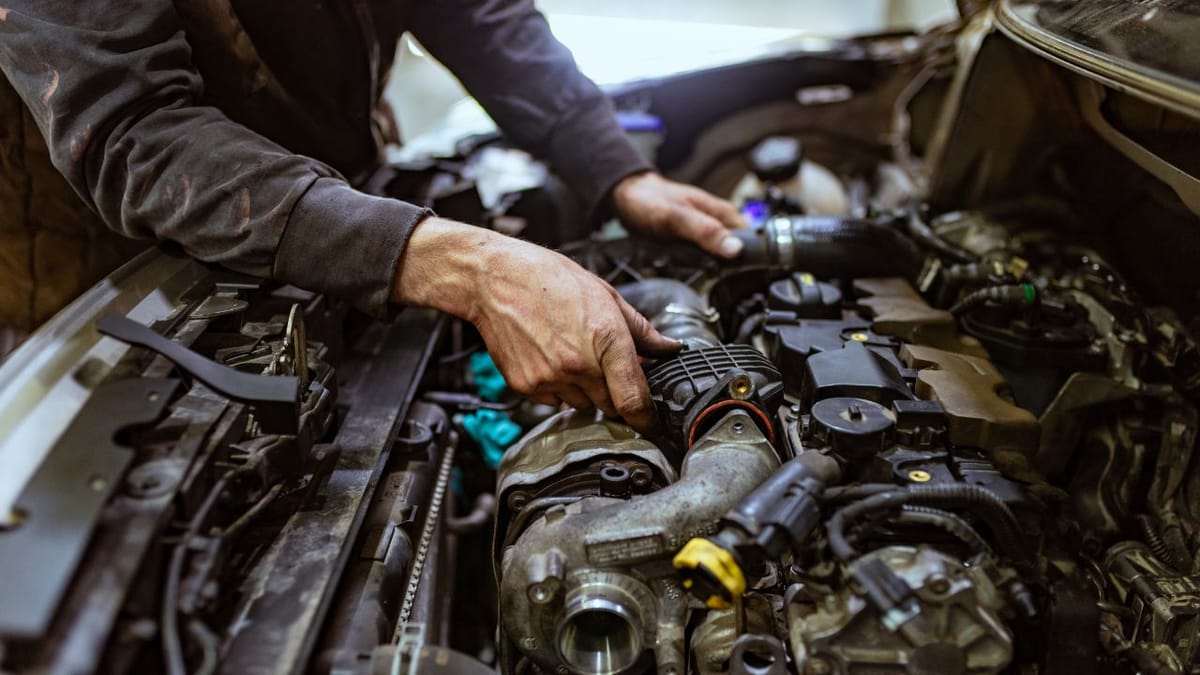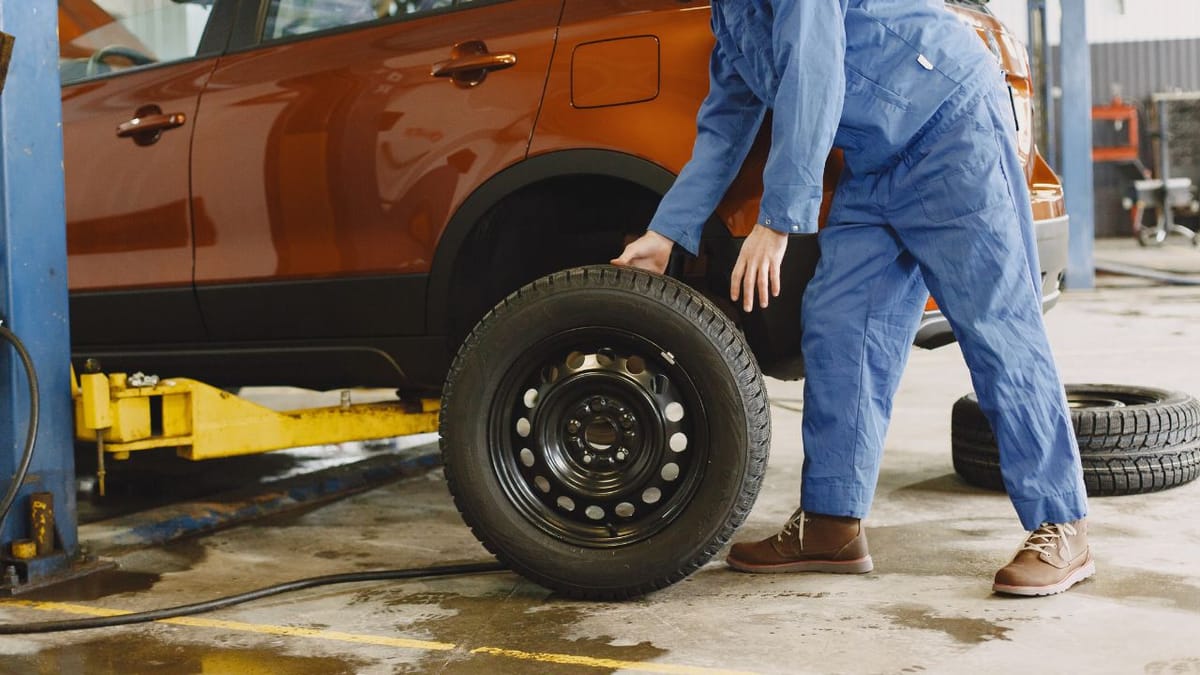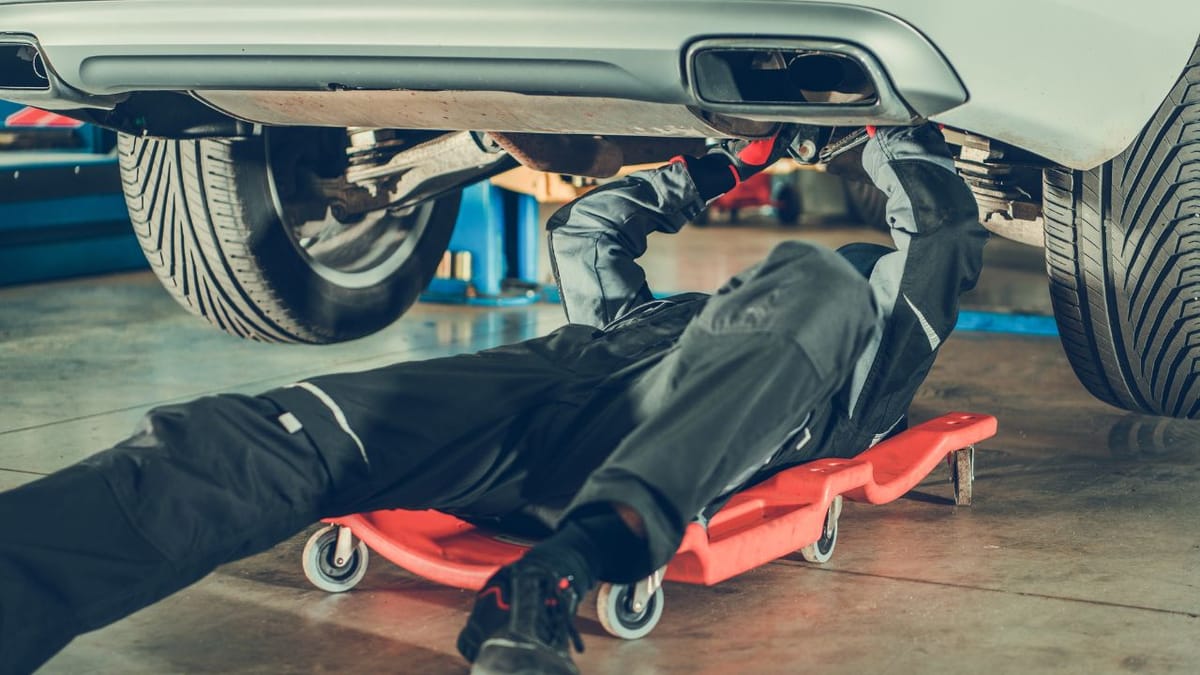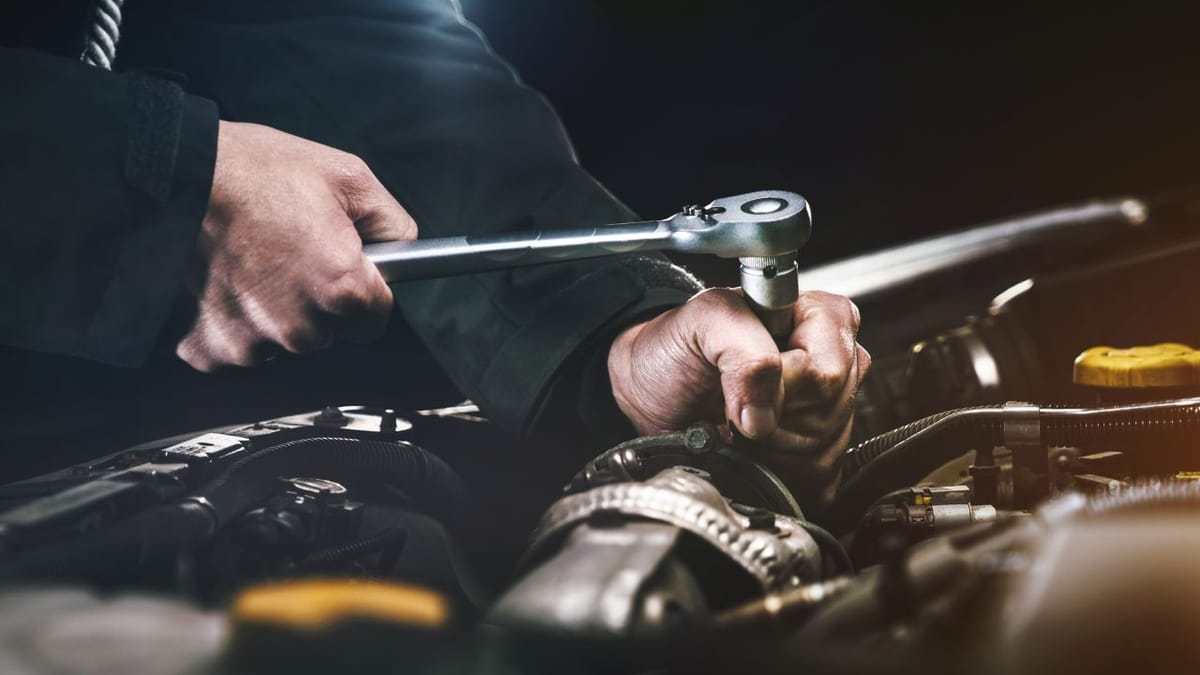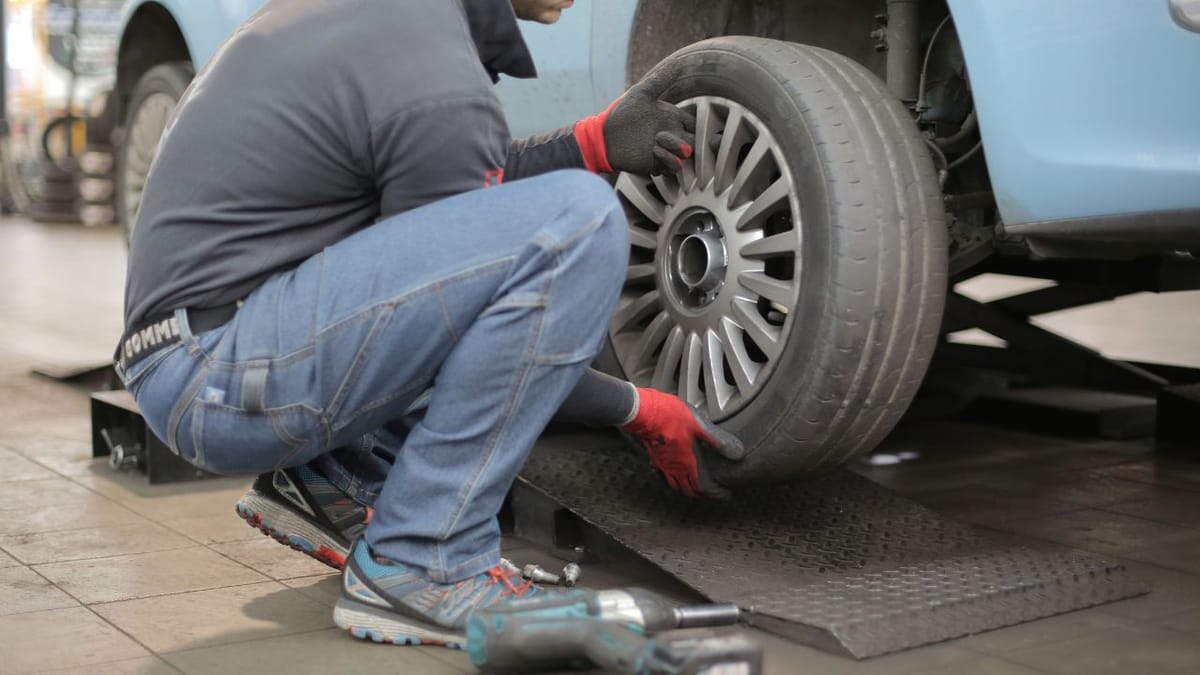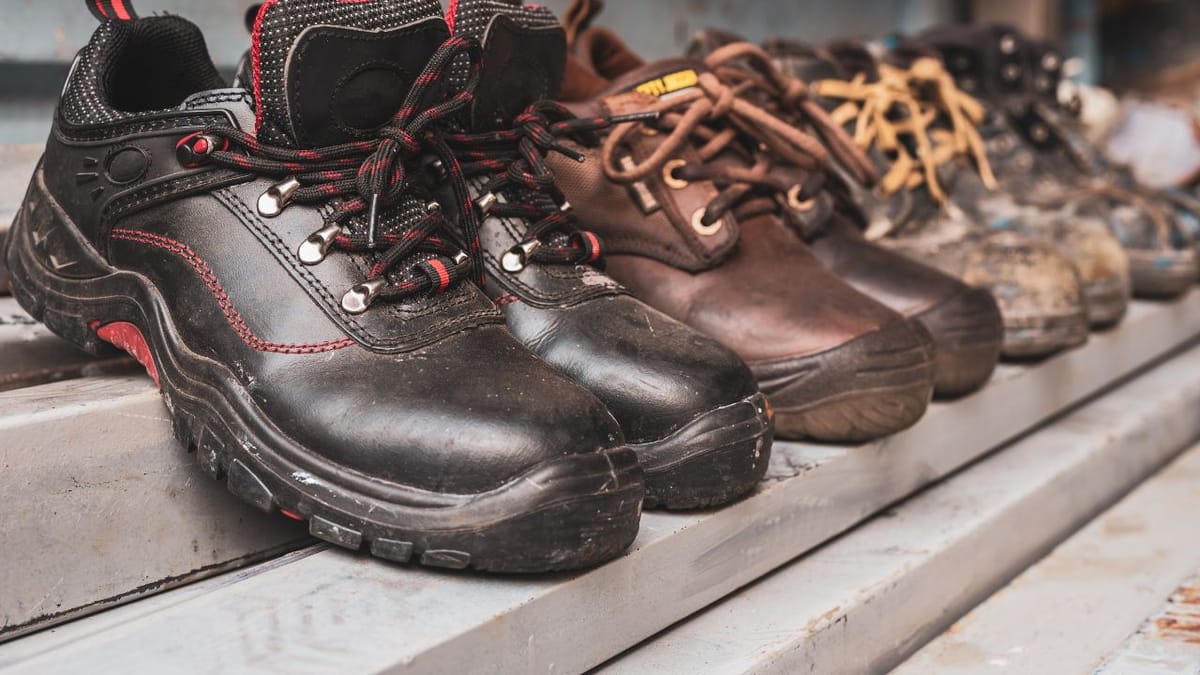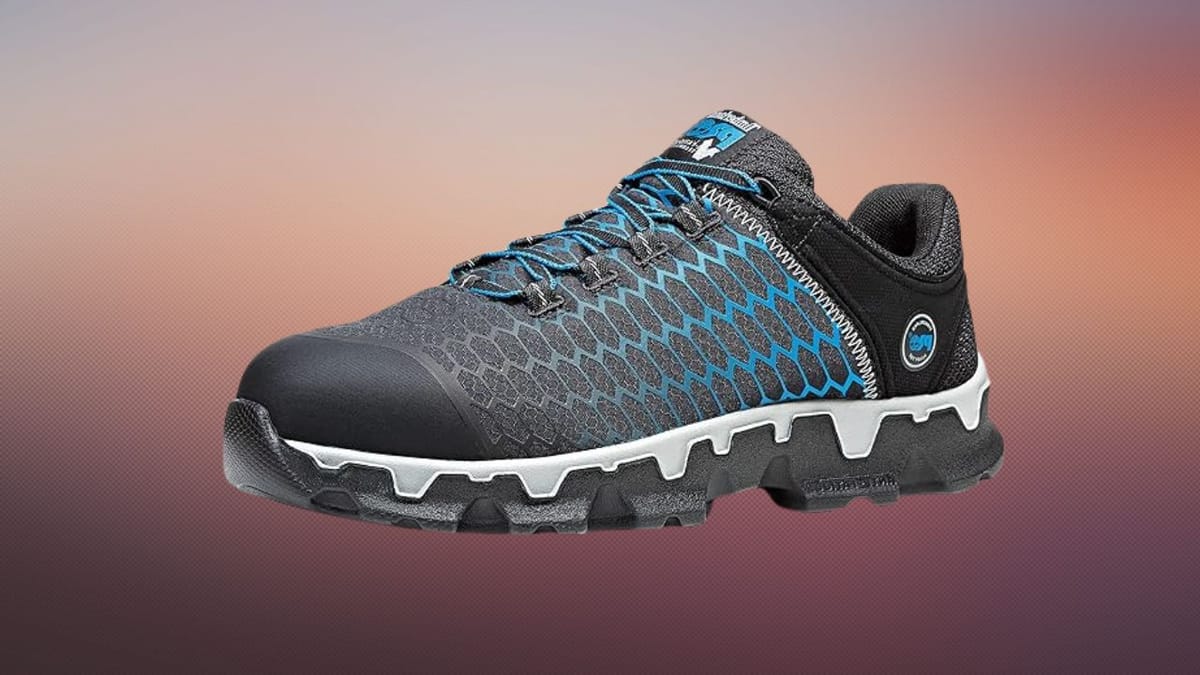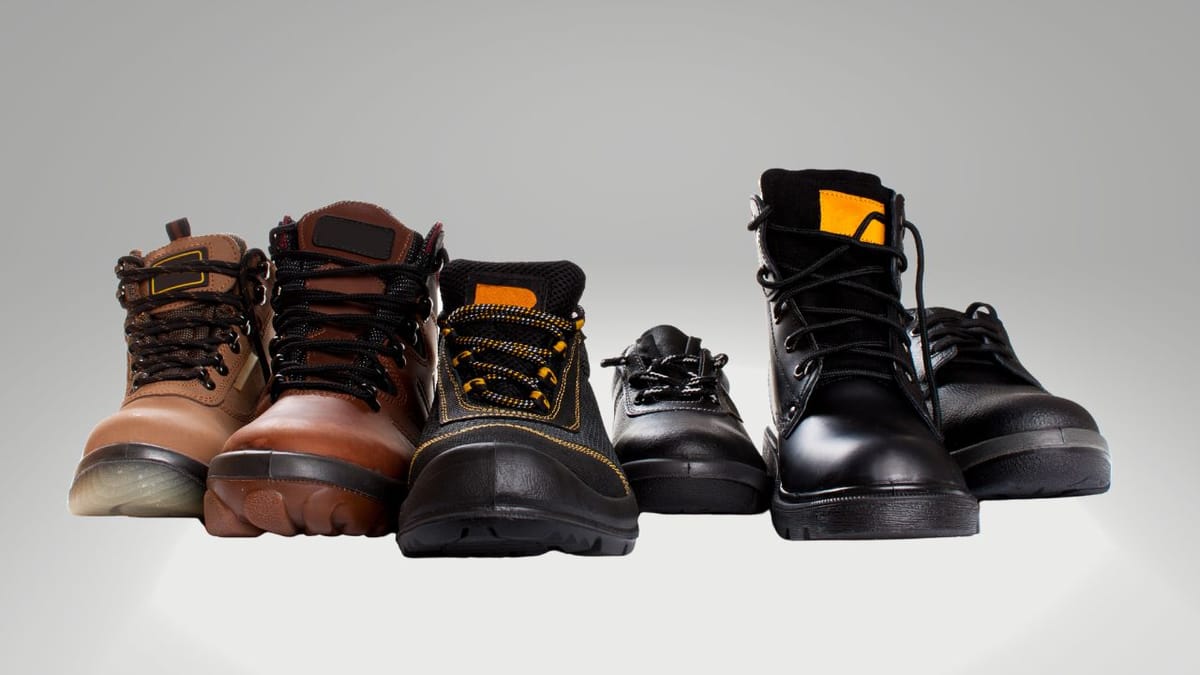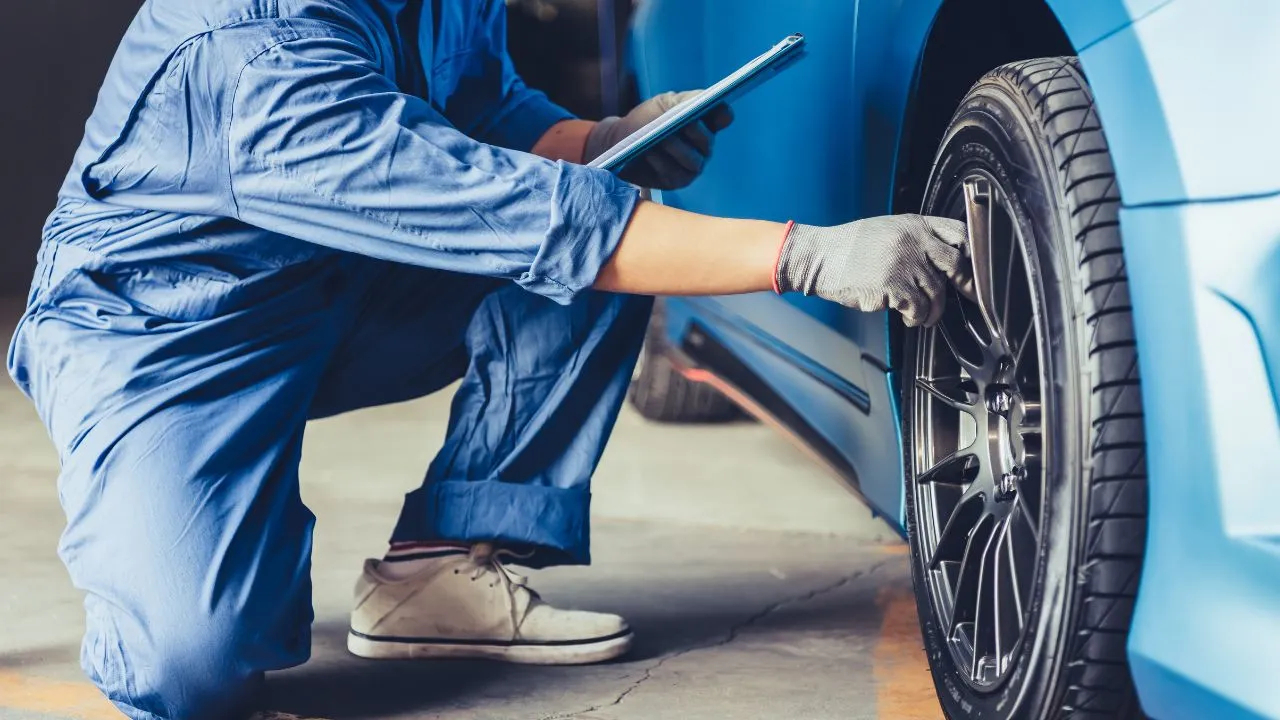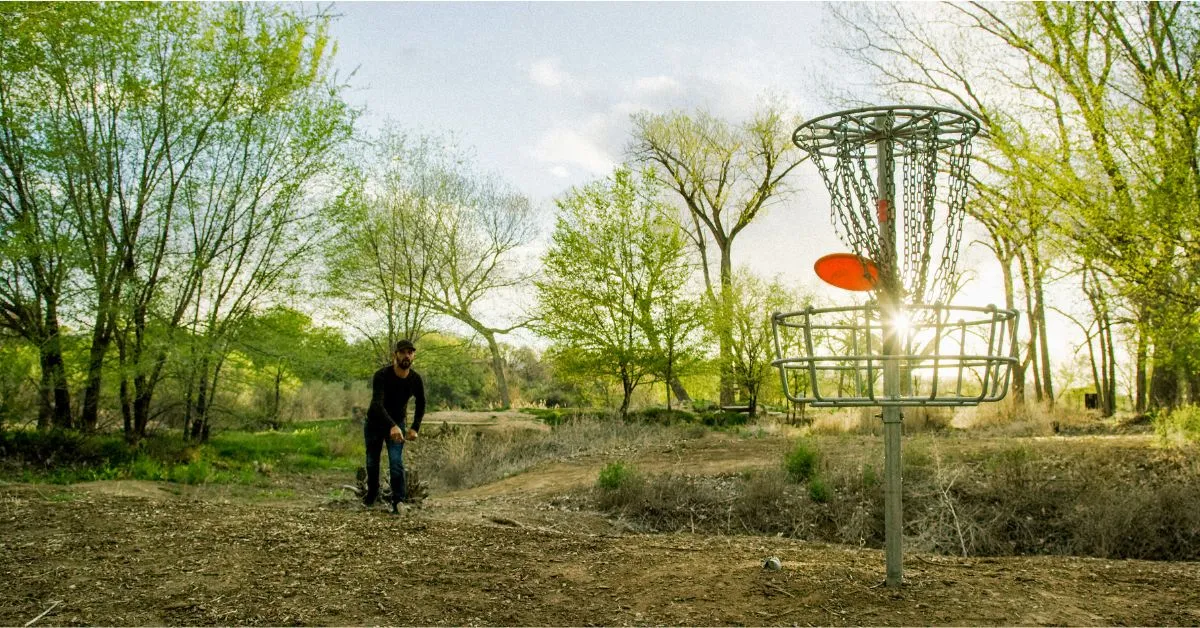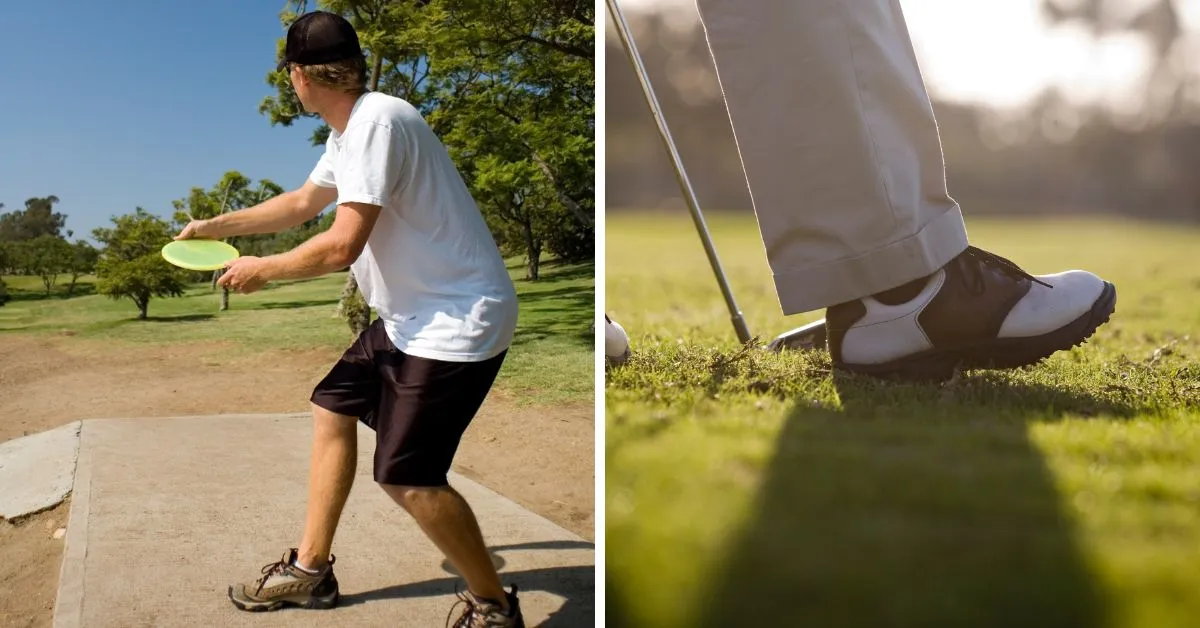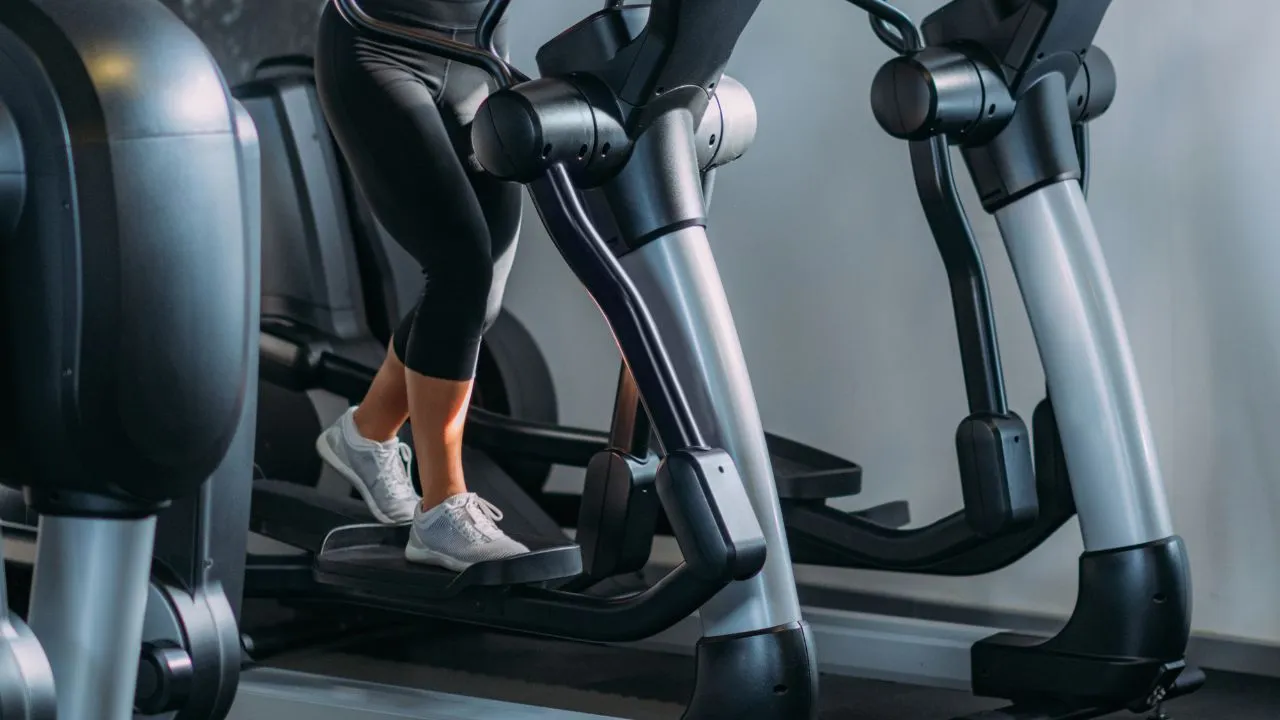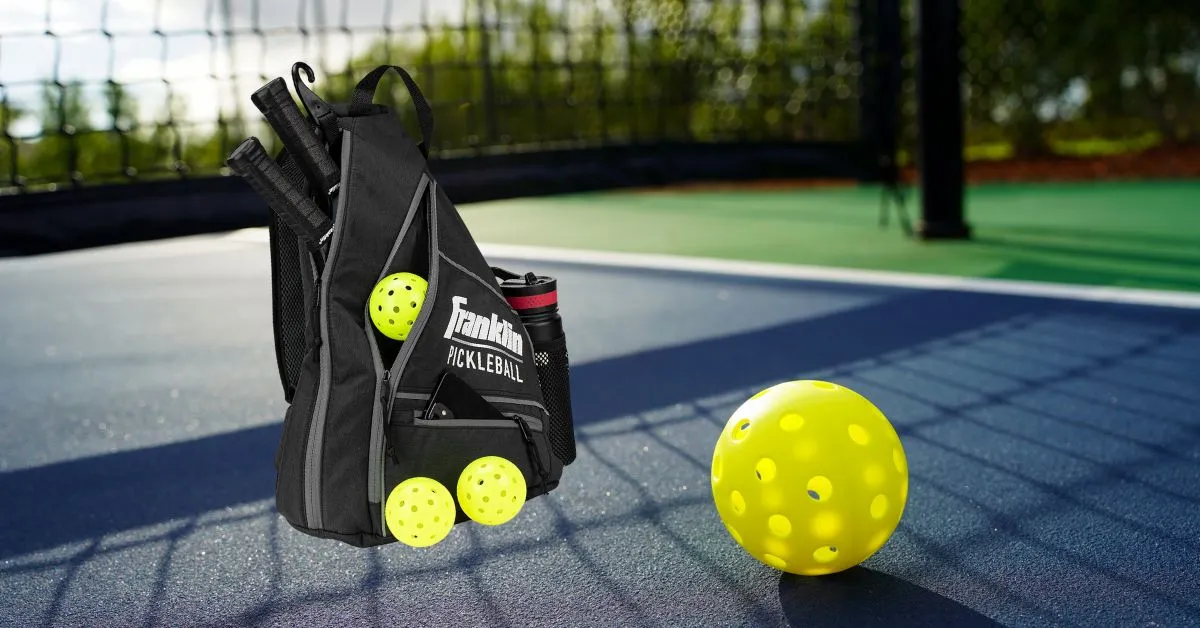Table of Contents
Key Takeaways:
- Understanding the different types of safety shoes and their specific features can significantly reduce the risk of foot injuries in workshops.
- Selecting the right safety shoe depends on the nature of the workshop environment, including the presence of heavy objects, chemicals, or electrical hazards.
- Regular maintenance and inspection of safety footwear are crucial for ensuring ongoing protection and compliance with safety standards.
The Importance of Safety Shoes in Workshops
When it comes to working in a workshop, the importance of protecting your feet cannot be overstated. Safety shoes are a critical component of personal protective equipment (PPE), designed to safeguard your feet from a myriad of potential hazards. Whether you're dealing with heavy machinery, sharp objects, or hazardous materials, the right pair of safety shoes can mean the difference between a normal day at work and a trip to the emergency room.
Identifying Workshop Hazards
Before selecting the appropriate safety footwear, it's essential to identify the specific hazards present in your workshop. This could range from the risk of falling objects, which would necessitate a steel-toe boot, to the danger of electric shocks, where electrically insulating shoes would be required. By understanding the risks, you can make an informed decision on the type of safety shoe that will offer the best protection.
Steel-Toe Boots: The Classic Choice
Steel-toe boots are perhaps the most recognized type of safety footwear. They are equipped with a reinforced toe cap that provides robust protection against compression and falling objects. Ideal for workshops where heavy equipment and materials are handled, these boots are a staple in industries such as construction and manufacturing.
Composite-Toe Footwear: A Lightweight Alternative
For those seeking a lighter option without compromising on safety, composite-toe footwear is an excellent choice. Made from materials like Kevlar, carbon fiber, or plastic, these shoes offer protection similar to steel-toe boots but without the added weight, making them more comfortable for long periods of wear.
Waterproof Safety Shoes: Keeping Moisture at Bay
Workshops that involve water or other liquids require footwear that can keep feet dry and prevent slips. Waterproof safety shoes are designed with sealed seams and water-resistant materials, ensuring that your feet stay dry even in wet conditions. Additionally, they often feature slip-resistant soles for enhanced traction.
Electrical Hazard (EH) Rated Shoes: Insulation Against Shocks
In environments where electrical hazards are a concern, EH-rated shoes are a must-have. These shoes are made with non-conductive materials, insulating your feet and reducing the risk of electrical shocks. They are particularly crucial for electricians and maintenance workers who are regularly exposed to live electrical circuits.
Puncture-Resistant Soles: Protection from Below
Sharp objects on the floor are a common hazard in many workshops. Puncture-resistant soles are built with a layer of material strong enough to prevent nails, shards of metal, or glass from penetrating the shoe. This feature is vital for ensuring that the sole of your foot remains unharmed during your daily tasks.
Heat-Resistant Footwear: Withstanding High Temperatures
For those working with high-temperature materials or in environments with extreme heat, heat-resistant footwear is essential. These shoes are constructed with materials that can withstand high temperatures without melting or degrading, providing a safeguard against burns and other heat-related injuries.
Slip-Resistant Shoes: Stability on Slick Surfaces
Slippery surfaces pose a significant risk of falls and related injuries. Slip-resistant shoes are designed with specialized tread patterns and materials that provide a better grip on slick floors, reducing the likelihood of slips and falls. This feature is particularly important in workshops where oil, grease, or other slippery substances are present.
The Role of Fit and Comfort in Safety Footwear
While protection is the primary function of safety shoes, comfort and fit are also crucial. Ill-fitting shoes can lead to discomfort, blisters, and other foot problems that can distract you from work and even pose additional safety risks. It's important to choose shoes that fit well and provide adequate support and cushioning for all-day wear.
Maintenance and Inspection: Ensuring Ongoing Protection
To ensure that your safety shoes continue to provide the necessary protection, regular maintenance and inspection are key. This includes checking for signs of wear and tear, such as cracks in the sole or damaged toe caps, and cleaning the shoes regularly to maintain their protective features. Proper care will extend the life of your safety footwear and keep you safe on the job.
Summary
Selecting the right safety shoes for a workshop environment is a critical decision that can prevent injuries and provide peace of mind. From steel-toe boots to slip-resistant soles, each type of safety footwear offers unique features tailored to specific hazards. By identifying the risks in your workshop and choosing footwear that addresses those risks, you can ensure that your feet are well-protected. Remember to prioritize fit and comfort, and regularly maintain your safety shoes to guarantee their effectiveness.
FAQ Section
How often should I replace my safety shoes?
The lifespan of safety shoes varies depending on the frequency of use, the environment they're used in, and how well they're maintained. As a general rule, inspect your shoes regularly for signs of wear and tear, and replace them if you notice any damage that could compromise their protective features.
Can I wear regular shoes if I'm just visiting a workshop briefly?
Even if you're only visiting a workshop for a short period, it's important to wear appropriate safety footwear. Accidents can happen at any time, and it's better to be safe than sorry.
Are there safety shoes available for people with specific foot conditions?
Yes, many manufacturers offer safety shoes designed for individuals with foot conditions such as flat feet or plantar fasciitis. These shoes provide additional support and cushioning to ensure comfort and protection for all users.
Other Related Articles
